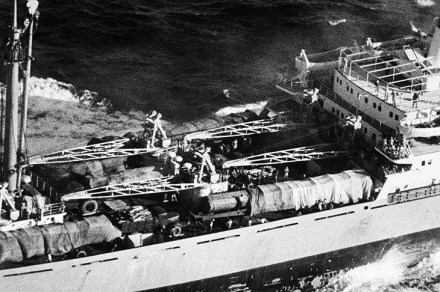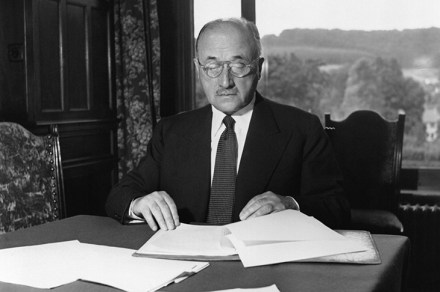How the third world war was narrowly averted
Nuclear weapons carry a payload of cold logic: if both sides have them, neither will ever use them. But in 1962, when the Soviet Union and US squared up to one another over Cuba, that logic broke down. As this superb new book shows, the Cuban Missile Crisis was the product of miscalculation, ignorance and staggering recklessness. The main culprit was Nikita Khrushchev. His first error was to mistake the US president for a callow weakling. ‘Don’t worry,’ he assured his Cuban friends, ‘I’ll grab Kennedy by the balls.’ After their first meeting, JFK remarked that negotiations with Khrushchev had been the ‘roughest thing in my life’. The argument concerned



